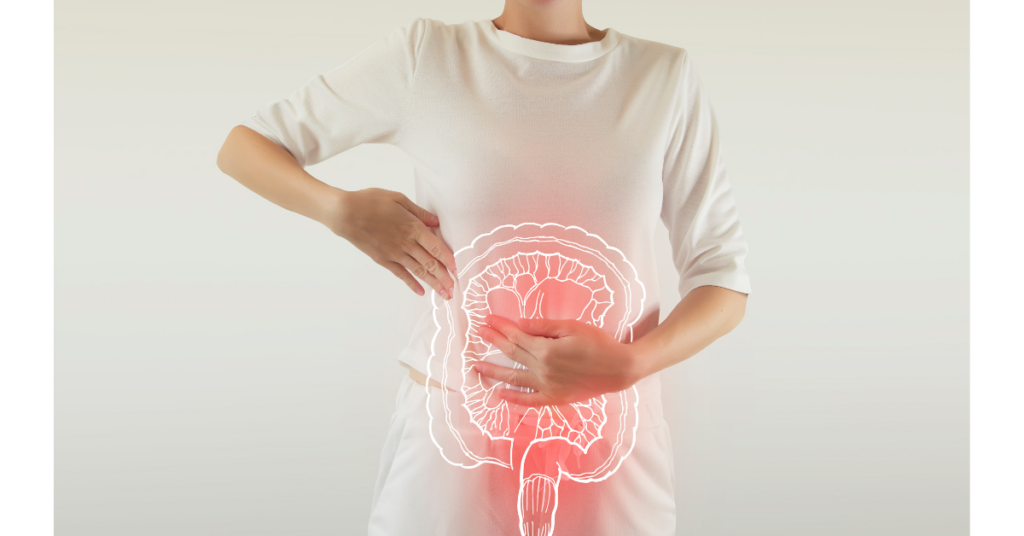What is Ulcerative Colitis?
Ulcerative colitis (UC) is a chronic disease characterised by inflammation of the lining of the colon and / or rectum. Smokers, believe it or not, actually have a lower risk of ulcerative colitis. However, the strong health-damaging effects of smoking rule out cigarette therapy as a possibly viable preventative measure against ulcerative colitis.
Signs and Symptoms
Rectal bleeding (the most common symptom alongside diarrhoea)
Diarrhoea
Abdominal cramps
Weight loss
Fevers
A higher risk of developing colon cancer (if ulcerative colitis is chronic and severe)
Causes
The modern lifestyle of fast food, excess stress, and environmental pollutant overload most likely play their part in contributing to this disease. However, ulcerative colitis still remains poorly understood amongst the medical community.
Conventional Medical Treatment and Strategies
Drug therapy: Antibiotics and anti-inflammatory medications such as Azulfidine and Prednisone.
Surgery: For those who have life-threatening complications of ulcerative colitis (such as large-scale bleeding, perforation, or infection), or a chronic form of the disease that does not respond to drug therapy or show signs of cancer.
Complementary Approach
The following information does not constitute a prescription or recommendation of any kind. This is for your information only.
Diet
Allergic foods must be identified and eliminated. Common allergens include wheat, dairy, sugar, corn, soy eggs, peanuts, oranges, chocolate, and fermented products. It is also recommended that refined sugar and animal fats are reduced or avoided altogether, even if one is not allergic to them.
Avoid foods that can further irritate the gut such as highly spiced products (curries, chillies, vinegar, pepper, mustard), alcohol, coffee, and fried foods. Eat lots of fresh vegetables (lightly steamed rather than raw). Drink plenty of water to flush out the toxins.
Supplements
Folic acid may reduce the risk of getting colon cancer.
Herbs
The following herbs are known for their anti-inflammatory and demulcent actions and may therefore be useful in helping to relieve the symptoms of ulcerative colitis:
Boswellia serrate, calendula, linseed, chamomile, licorice, marshmallow, myrrh, yarrow, aloe vera.
Many of these herbs can be taken either internally or in enema form.
Acupuncture
Can treat the symptoms of ulcerative colitis by regulating the functions of associated organs such as the colon, liver, spleen, stomach, and kidneys. (See our article on Acupuncture)
(See also our articles on Leaky Gut Syndrome, Irritable Bowel Syndrome (IBS), Diverticular Disease, Food Intolerance and Diarrhoea)

